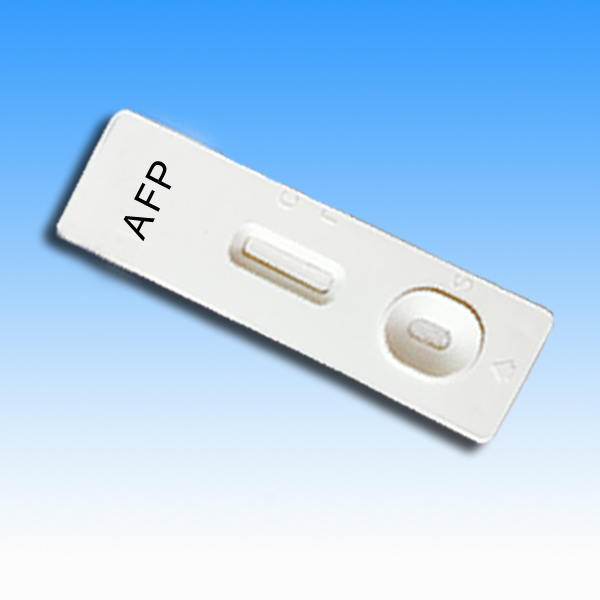If your results show higher than normal AFP levels, it may mean your baby has a neural tube defect such as spina bifida, a condition in which the bones of the spine don't close around the spinal cord, or anencephaly, a condition in which the brain does not develop properly.
If your results show lower than normal AFP levels, it may mean your baby has a genetic disorder such as Down syndrome, a condition that causes intellectual and developmental problems.
If your AFP levels are not normal, it doesn't necessarily mean there is a problem with your baby. It may mean you are having more than one baby or that your due date is wrong. You may also get a false-positive result. That means your results show a problem, but your baby is healthy. If your results show a higher or lower than normal level of AFP, you will likely get more tests to help make a diagnosis.



 Contact Us
Contact Us






 Hospitals
Hospitals
 Doctors
Doctors
 Diagnostic
Diagnostic
 Pharmacy
Pharmacy
 Health Tips
Health Tips
 Blog
Blog

























Comments